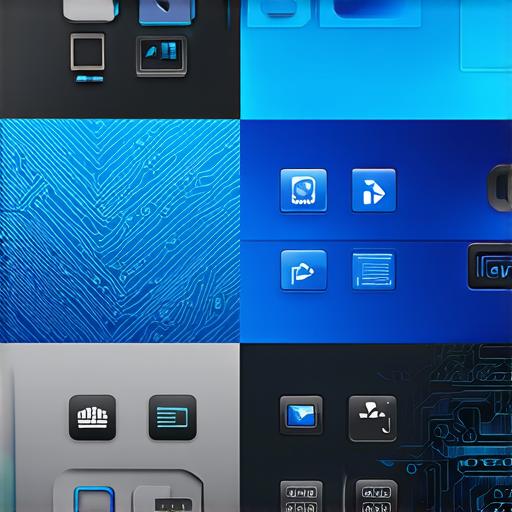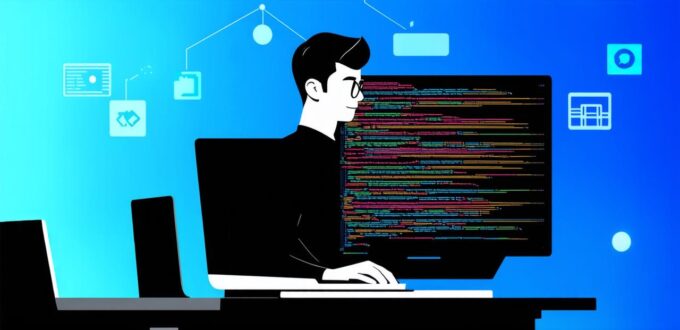
What is General Software?
Are you a software developer looking to create software that meets the needs of your users? Understanding the difference between general software and application software is crucial for creating effective and efficient software. In this article, we’ll explore what sets these two types of software apart and provide real-life examples to help you make an informed decision about which type of software to create.
General software is a type of software that performs a wide range of functions and tasks. It is designed to be versatile and flexible, allowing users to customize it to meet their specific needs. Some examples of general software include operating systems, productivity tools, and utility programs. These types of software are often used by individuals and small businesses to perform a variety of tasks, from basic file management to more advanced data analysis.
One of the key features of general software is its ability to be easily updated and maintained. Because these programs are designed to handle a wide range of functions, they can be regularly updated with new features and capabilities without disrupting the user’s workflow. For example, an operating system might receive regular updates that improve security or add new features to the user interface.
What is Application Software?
Application software, on the other hand, is designed to perform a specific task or set of tasks. It is typically used by larger organizations and businesses to automate complex processes or streamline operations. Some examples of application software include customer relationship management (CRM) systems, enterprise resource planning (ERP) systems, and inventory management software.
Unlike general software, application software is typically more specialized and requires a higher level of technical expertise to develop and maintain. These programs are often designed to integrate with other systems and processes within the organization, making them highly customizable and flexible.
One key difference between general and application software is the level of user interaction. General software is designed to be easy to use and often relies on a graphical user interface (GUI) to interact with the user. In contrast, application software may require more complex commands or scripts to perform tasks, making them less user-friendly for the average person.
Case Studies: Examples of General and Application Software
Let’s take a look at some real-life examples of general and application software to better understand their differences.
General Software: Microsoft Office
Microsoft Office is a suite of productivity tools that includes word processors, spreadsheets, presentations, and more. These programs are designed to be versatile and flexible, allowing users to customize them to meet their specific needs. For example, a user might use Word for basic document editing, Excel for data analysis, and PowerPoint for presentations.
One of the key features of Microsoft Office is its ability to be easily updated and maintained. The programs receive regular updates with new features and capabilities without disrupting the user’s workflow. This makes them a popular choice for individuals and small businesses looking for a versatile set of tools to perform a variety of tasks.
Application Software: Salesforce CRM
Salesforce CRM is a customer relationship management (CRM) system that helps businesses manage their interactions with customers and clients. The software is designed to automate complex processes, such as lead generation, sales forecasting, and customer service. It is typically used by larger organizations and businesses to streamline operations and improve efficiency.
Unlike Microsoft Office, Salesforce CRM requires a higher level of technical expertise to develop and maintain. The program may require more complex commands or scripts to perform tasks, making it less user-friendly for the average person. However, its ability to integrate with other systems and processes within the organization makes it highly customizable and flexible.
FAQs: Common Questions About General and Application Software
Here are some frequently asked questions about general and application software:
- What are some examples of general software?
- What are some examples of application software?
- What is the main difference between general and application software?
- Which type of software is better for individuals or small businesses?
Conclusion: Understanding General and Application Software
In conclusion, understanding the differences between general and application software is crucial for creating effective and efficient software. General software is designed to be versatile and flexible, while application software is typically more specialized and requires a higher level of technical expertise to develop and maintain. By considering the needs of your users and the complexity of the tasks you need to perform, you can make an informed decision about which type of software to create.
Remember, understanding the differences between general and application software is essential for creating software that meets the needs of your users!
